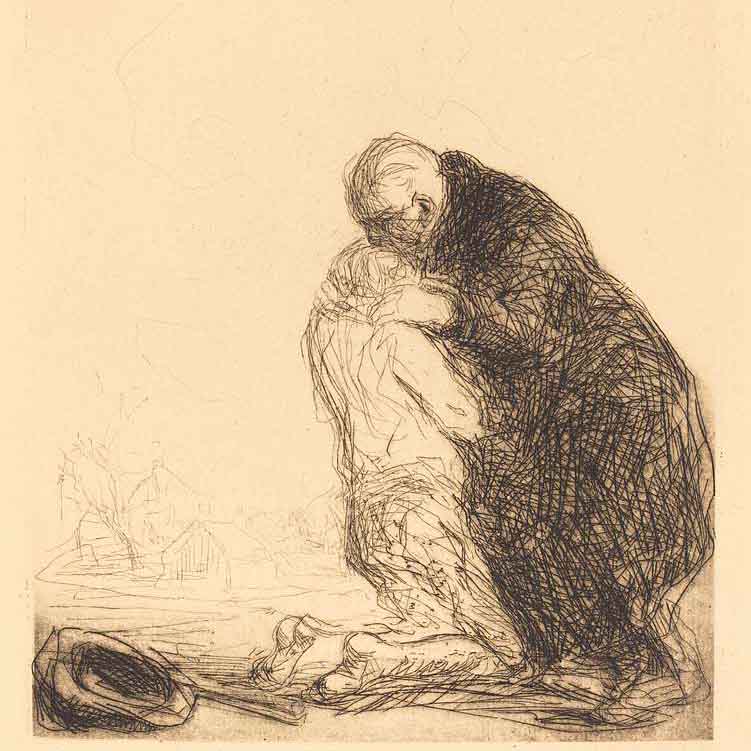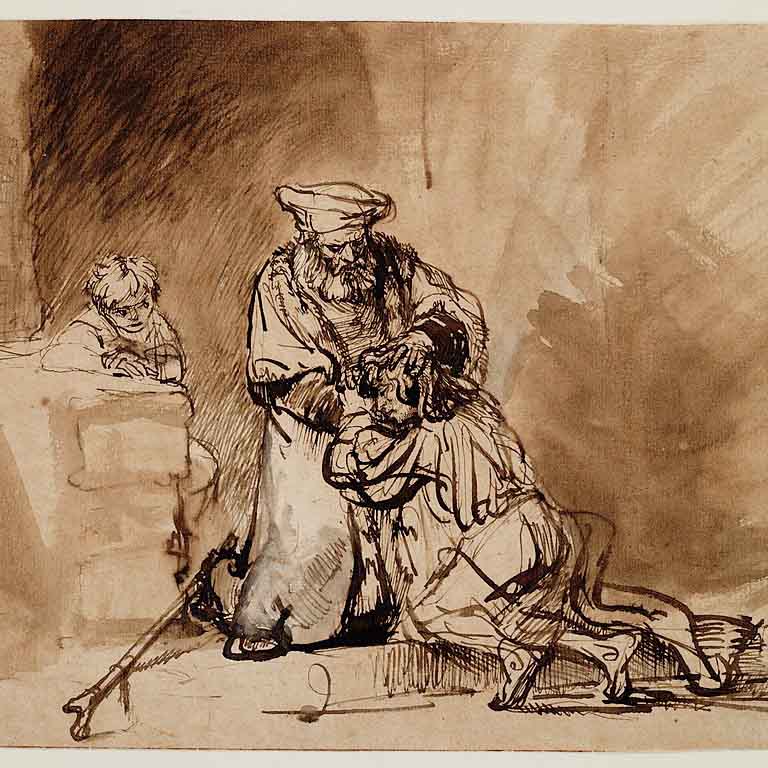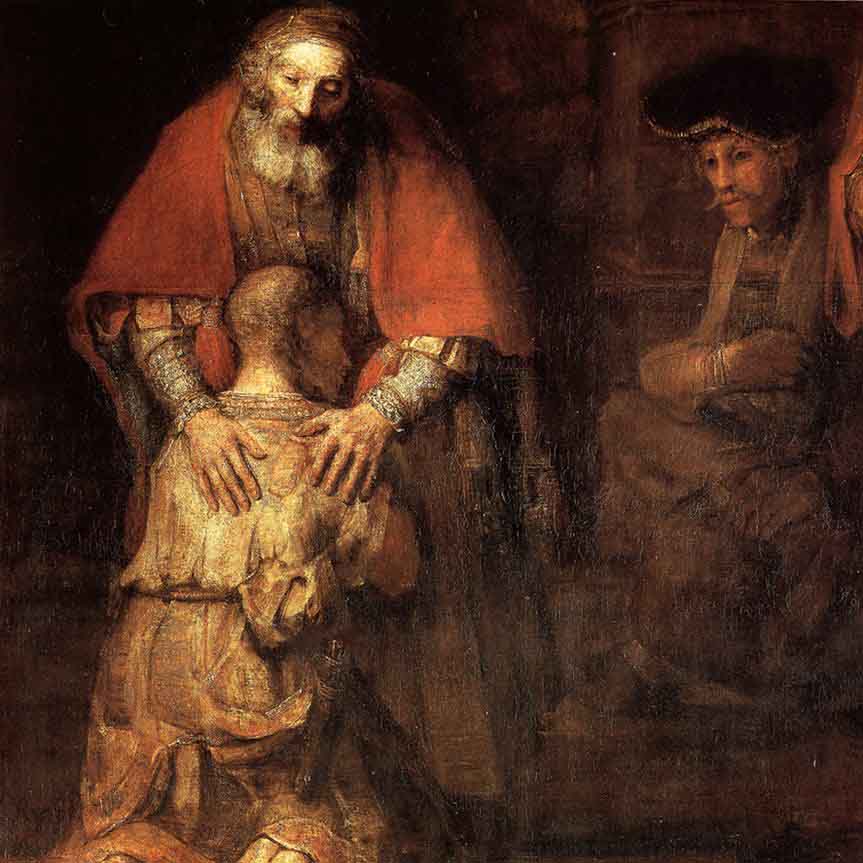By Joshua Elias
Being a university student is a full-time ‘job’. It is a time where we are called to grow as people, a time where we are called to explore our limits and gifts. We sign up for numerous CCAs, take on new courses and meet new friends. As we begin to uncover our newfound autonomy, we feel the need to try out as many things as possible. Hopefully, all these opportunities will lead us to our calling in life. The tired nights and stressful days are sacrifices we make in preparation of a bright future. However, how about the preparation we make in our spiritual life?
As Christians, our primary vocation is NOT purely to be a student, but to be God’s chosen people. Nothing we can do will allow us to earn God’s love and mercy; it is given to us freely. However, we still have a responsibility to respond and to receive God’s love and mercy. Our salvation requires us to cooperate with God’s love. Let’s think about it this way; if we are offered and accepted into an internship, but choose not to take it seriously then we would not learn much. Similarly, if we do not take our faith seriously in our young adult life, how are we to learn what it means to live out a life of faith? We need to recognise the need to prepare ourselves to receive God (Isaiah 40:3), or we will not recognise Him.
Between all the heavy modules, academic CCAs and ad-hoc events, we might find it difficult to make time for God. Including the time we need for our family and friends, what time is left for God? “Joining a community and journeying as part of a cell group is too much, my 1 hour in Sunday Masses are enough”, we may think. As Christian students, we may find ourselves spending our years trying to balance our academic life and our faith life. In Matthew 6:24, Jesus tells us that we cannot serve two masters and we will eventually hold one and hate the others. If we find ourselves being “chained down” by our faith that is holding us back from excelling, we will eventually come to despise it. We might feel pressured to give up either our pursuit of excellence or our relationship with God.
Sometimes, we may end up finding ourselves trying to bargain with God: “Let me achieve this first, I will make time for You when I have settled my life”. This is because many Christians feel that there is a binary decision of either excelling in the world or choosing God. However, the truth is that it is not a zero-sum game; choosing God will not make us “unrealistic about the world” or cause us to lose out. As Christians we are to both acknowledge that we have responsibilities and roles in the world, as well as a call to draw closer to God and live out a Christian life. However, our call to follow Jesus will always need to take precedence. Why?
The choice about what we prioritise, our academic success or our faith life, tells a lot about what we are giving ourselves over to and who are working hard for. When we are too concerned with simply sprucing up our resume, we become a slave to our desires of success. There is always the next time to achieve, the next milestone to reach. As Christians, we cannot base our worth on simply our material worth and resumes (Mark 10:17-31). Instead, we need to actively choose to center our lives on Jesus Christ and allow our life to flow from that decision.
Being a disciple of Jesus does not mean that we are not allowed to work hard or excel at what we are doing. By allowing our worth to come from our identity as God’s beloved, we free ourselves to choose to excel in the right areas of our work that leads us towards the life God desires for us to build. Essentially, we begin to work out of a freedom to choose what is best for us (through discernment with God!), and no longer out of fear of not being able to keep up with what society deems as ‘successful’.
This freedom of being free from the “rat race” of university will begin to show in how we view our life in school. We begin to see our peers as fellow students in the same struggle, instead of competition we have to beat. We begin to see our work as an outlet of God’s gifts and charisms that were granted to us, rather than a trophy for us to prove our worth. We find ourselves being more mindful of the rest we have, instead of fearing unproductivity.
As we walk with Jesus, He helps us to uncover what the driving motivations in our lives are. If we allow Jesus to begin His work in us, He reveals and heals our fears of inadequacy, purifying our intentions and helping us live a life of fullness and joy!
Even if Jesus prompts us to let go of the worldly things we are chasing, it does not mean we will be left destitute. Instead, when we let go and surrender all of our desires to Jesus, it makes space for Him to give us what we truly need and desire!
The new-found autonomy of our university life gives us the responsibility to make decisions, including how we prioritise our faith in our life. If not now, then when?




